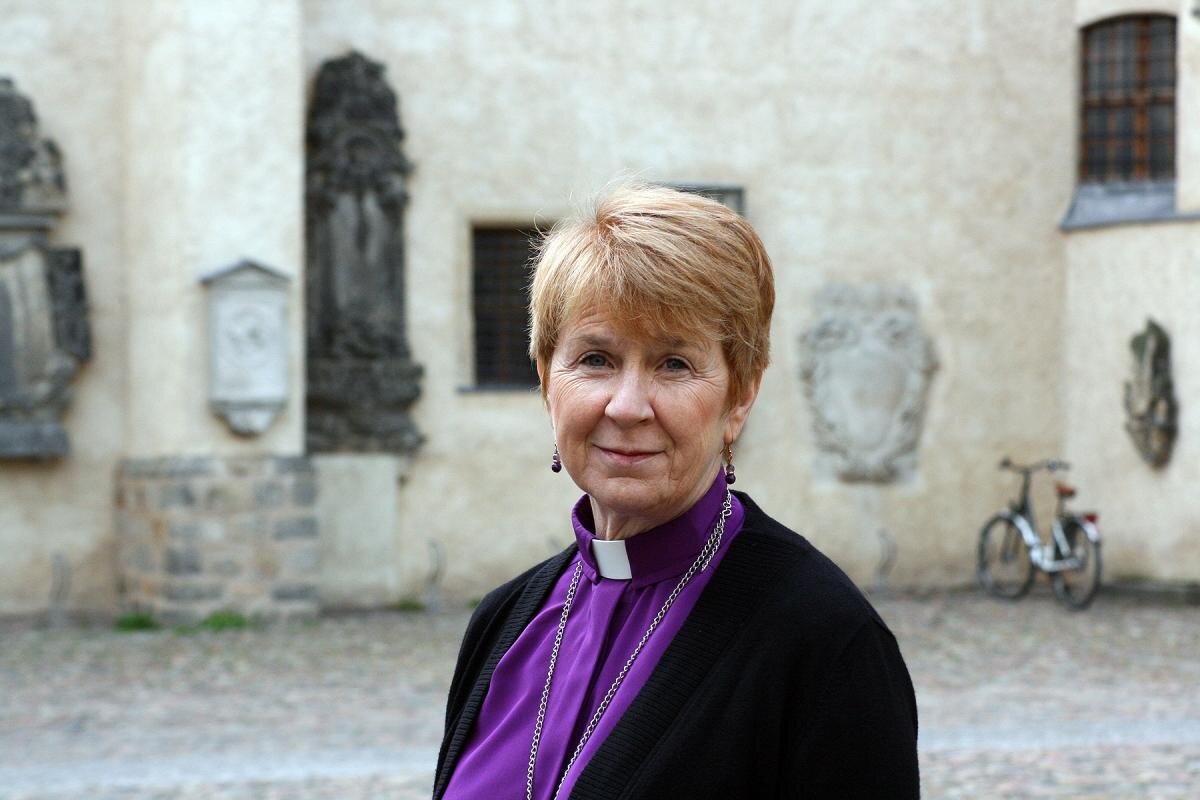Bishop Hutterer: The liminal season
Photo by isi martínez on Unsplash
The people who walked in darkness
have seen a great light;
those who lived in a land of deep darkness—
on them light has shined.
You have multiplied exultation;
you have increased its joy;
they rejoice before you
as with joy at the harvest,
as people exult when dividing plunder.
For the yoke of their burden
and the bar across their shoulders,
the rod of their oppressor,
you have broken as on the day of Midian.
For all the boots of the tramping warriors
and all the garments rolled in blood
shall be burned as fuel for the fire.
For a child has been born for us,
a son given to us;
authority rests upon his shoulders,
and he is named
Wonderful Counselor, Mighty God,
Everlasting Father, Prince of Peace.
Great will be his authority,
and there shall be endless peace
for the throne of David and his kingdom.
He will establish and uphold it
with justice and with righteousness
from this time onward and forevermore.
The zeal of the Lord of hosts will do this.
— Isaiah 9:2-7
We are in the midst of Advent, our season of waiting. In our church calendar of birth, death, and resurrection, we are entering a new year. We are waiting for prophecies to be fulfilled in the form of a lowly birth. In our secular calendar, our norms are interrupted by the holidays, friends, families, and year-end projects. We are waiting for the New Year, hoping for better. And we are a people who do not like waiting.
There is a concept that describes these in-between times and places, called a liminal space. This concept was introduced to synod leaders by Rev. Jay Alanis during our 2019 border workshop, and most recently by Amy Sander Montanez at our 2022 Bishop’s Fall Gathering.
Liminal comes from the Latin word ‘limen’, which means threshold. Liminal space is all about transition, a time of waiting, and unable to see the future.
Richard Rohr describes this space as, “where we are betwixt and between the familiar and the completely unknown. There alone is our old world left behind, while we are not yet sure of the new existence. That’s a good space where genuine newness can begin.”
The problem is, liminal space does not typically feel good. Why? Almost by definition, liminality always begins with a loss.
Amy Montanez explained that loss was either forced or chosen. Forced losses include death, divorce, job loss, changing vocations, illness, war, natural disasters, pandemics, betrayals, or burnout.
Chosen liminalities include retreats, Sabbath, meditation, contemplative prayer, active listening, spiritual direction, therapy, spiritual direction, therapy, confession, and pilgrimage.
As we read those lists above, we can see that almost all of us live some aspect of our lives in a liminal space.
Waiting in liminality can be devastating. It’s a time of confusion, fear, and anxiety. We fall off the map of our regular lives. We can get caught in a whirlpool of coping mechanisms. Sometimes, and in some ways, we never fully get back.
And yet waiting in liminality can be renewing. When we don’t know what we’re doing or what our future is, we learn to embrace and cultivate humility. We develop a tolerance for ambiguity, appreciate mystery, and trust our intuition. In other words, we practice faith.
When Amy Montanez asked our synod’s rostered ministers to name the parts of the Bible that described liminal spaces, the list grew to be quite large. We realized the entire Bible is a document of the liminal, a story of life and death and resurrection. Our faith is not stagnant nor linear, but ever-changing and cyclical.
In this season of Advent, I invite you to embrace this waiting. I invite you to create times and places of stillness, where you can practice and cultivate gratitude, forgiveness, compassion for self and others, and awareness of common humanity.
In these times of long nights, we can wait and practice our faith, knowing that Christ is coming. And while we do not know what lies over the horizon, we can look to its light, and know that it is good.
Grateful to be waiting with you,
The Rev. Deborah K. Hutterer
Bishop
Grand Canyon Synod of the ELCA



